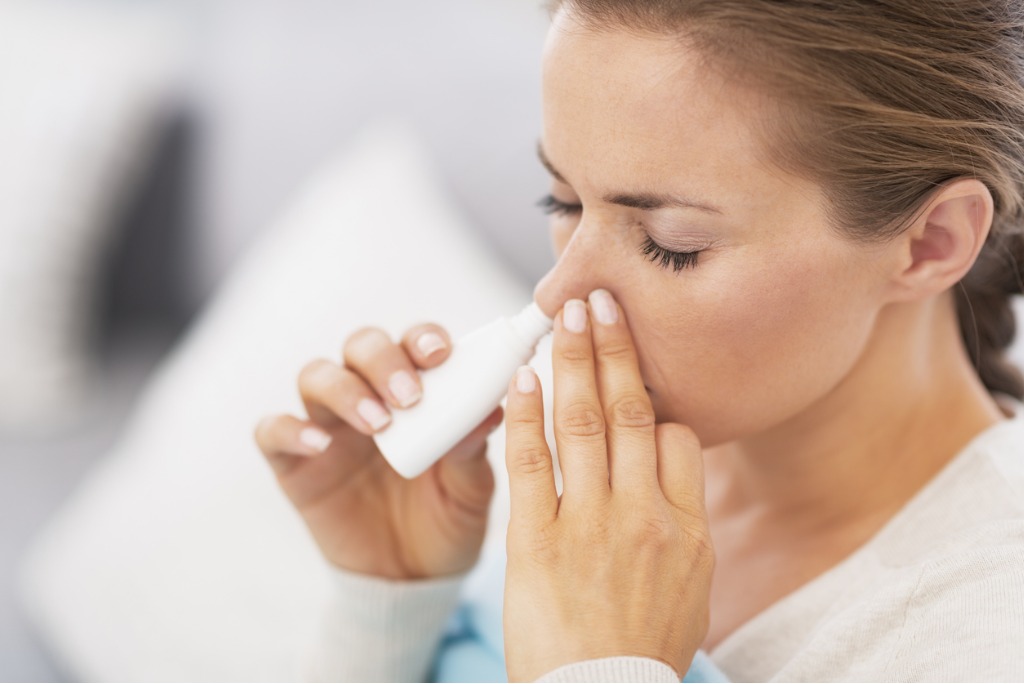The first step towards effective allergy treatment is understanding what causes allergies. Allergies occur when the immune system overreacts to normally harmless substances in the environment called allergens. Common allergens include pollen, dust mites, pet dander, cockroaches, mold and certain foods. When someone with allergies is exposed to an allergen, their immune system produces antibodies called Immunoglobulin E or IgE. These antibodies cause the release of chemicals like histamine which triggers allergy symptoms. The most common allergy symptoms include sneezing, runny nose, itchy/watery eyes, coughing and problems breathing.
Avoiding Allergens
Identifying and avoiding allergens is one of the simplest yet most effective ways to manage Allergy Treatment. Keeping windows and doors closed during high pollen season can help prevent pollens from entering the home. Using air purifiers and altering humidity levels can remove allergens like dust mites from indoor air. Enclosing mattresses and pillows in allergen-proof covers can also help reduce dust mite exposure. Limiting exposure to pets and thoroughly cleaning surfaces can lower dander levels in the home. Using molds inhibitors and promptly fixing plumbing leaks prevents mold growth. Reading food labels and avoiding specific foods is recommended for those with food allergies. While avoidance is not always possible, reducing contact with triggers provides relief for many allergy sufferers.
Medications for Symptom Relief
For intermittent or mild symptoms, over-the-counter antihistamines and decongestants provide effective relief. Antihistamines like cetirizine and loratadine block the action of histamine to reduce sneezing, itching and runny nose. Decongestants like pseudoephedrine relieve stuffy nose by shrinking swollen nasal tissues. Oral corticosteroids are prescribed for severe symptoms unresponsive to other medications. They work by reducing inflammation in the body. Nasal corticosteroid sprays directly treat nasal inflammation and are often used long-term to control symptoms. Leukotriene receptor antagonists like montelukast are also used daily as they inhibit chemicals that cause inflammation and congestion. For acute attacks, epinephrine auto-injectors are prescribed to those with life-threatening food or insect allergies.
Allergy Immunotherapy
Also known as desensitization or hypo-sensitization, allergy immunotherapy involves administering increasing amounts of allergen through injections or sublingual drops over time. This modifies the body’s immune response and increases tolerance to specific allergens. Sublingual immunotherapy uses allergen extracts in drop form placed under the tongue. Both have proven highly effective for environmental allergies like pollen, dust mites and pet dander when taken long term. Studies show immunotherapy provides benefits lasting years after completion of treatment. It is the only treatment that alters the natural course of allergies. Some patients may experience mild side effects during initial dose build-up phase but immunotherapy is generally very safe when administered properly under medical supervision.
Alternative Therapies
While their effectiveness is mostly unsupported by scientific evidence, some alternative therapies provide relief for some allergy patients. Acupuncture claims to restore energy balance and reduce histamine production. Probiotics are believed to correct gut imbalances and competition with “good” bacteria. Herbal remedies are taken for their anti-inflammatory effects. Homeopathic remedies aim to naturally stimulate the body’s healing response. Chinese herbal formulations aim to release exterior factors, clear heat and dampness. Lifestyle therapies promote stress management and improved sleep, which some claim alleviates allergy symptoms. While gentle and generally safe, most alternative therapies should not replace proven medical treatment without discussion with a doctor.
Allergen Testing and Specialized Therapy
Accurately identifying individual allergens is key to targeting treatment. Allergy testing involves pricking or puncturing the skin with known allergens to check for a reaction. Blood tests detect IgE antibodies to specific allergens. For difficult to control cases, further testing may include peak flow monitoring or allergen challenge tests. Those with severe or life-threatening allergies may benefit from specialized therapies. Omalizumab (Xolair) is a monoclonal antibody that binds to and inhibits IgE, proven effective for severe allergic asthma and chronic hives. Immunotherapy tablets are available for certain common grass and tree pollen allergies. Sustained release sublingual drops and sublingual tablets also provide options for more convenient at-home immunotherapy. Specialists can determine the best testing and therapy approach based on a patient’s medical history and test results.
A multifaceted approach combining avoidance, medications and immunotherapy provides the most comprehensive and sometimes curative treatment for allergies currently available. Understanding one’s allergy triggers enables targeted avoidance or control. Symptom relief medications are effective though only address symptoms and not the underlying cause. Allergen immunotherapy remains the sole treatment that can alter the natural disease course over the long run. With proper diagnosis and a treatment plan tailored to individual needs, effective allergy management is achievable.
*Note:
1. Source: Coherent Market Insights, Public sources, Desk research
2. We have leveraged AI tools to mine information and compile it

